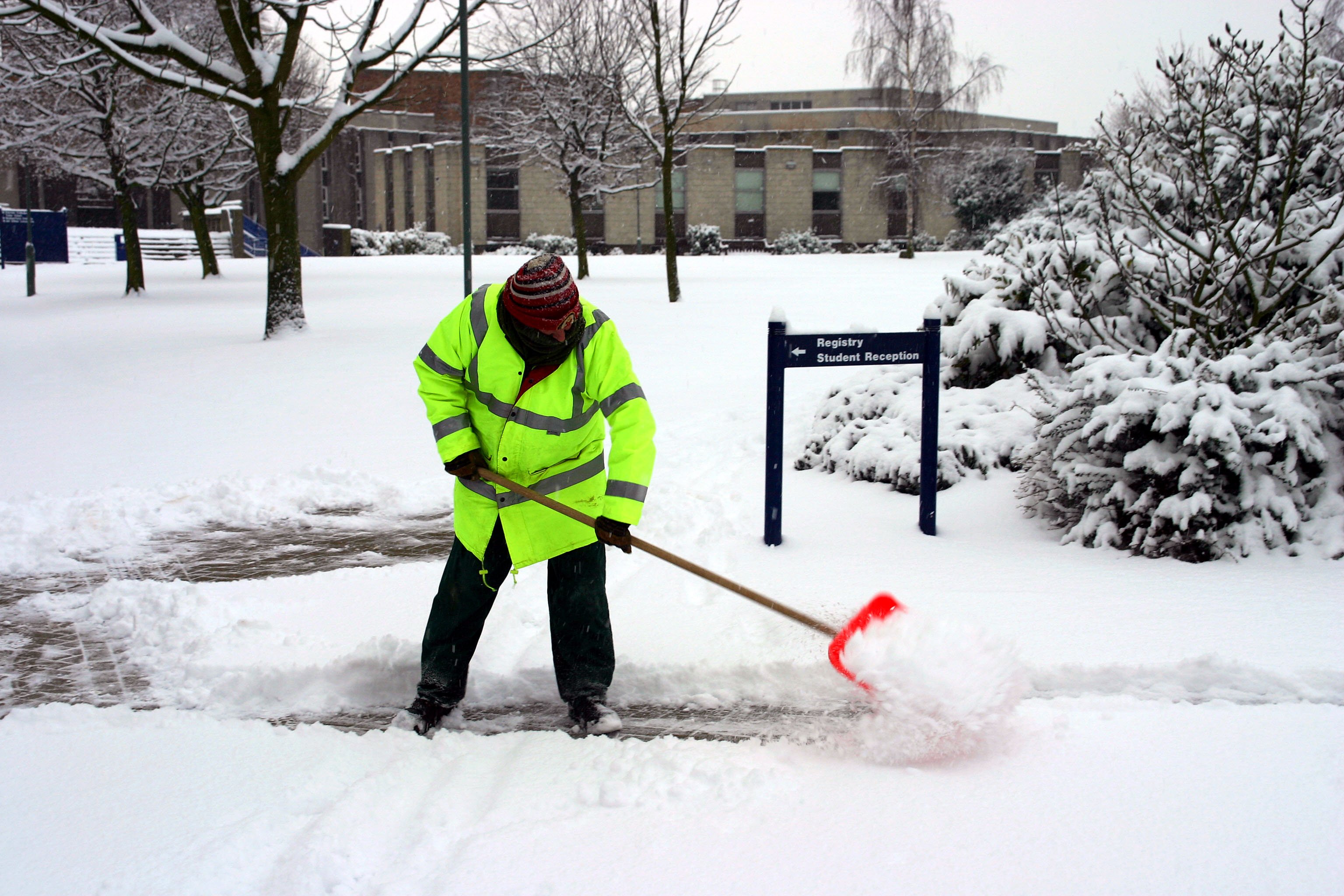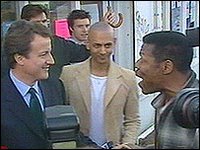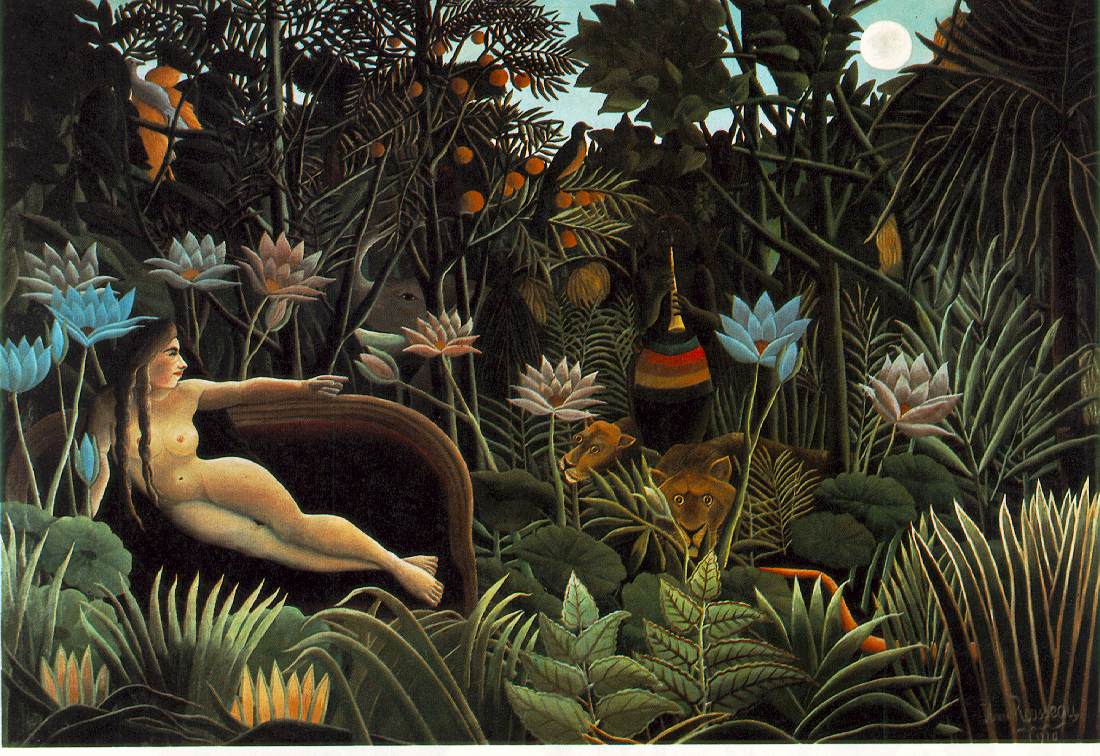 It's amazing how the tiniest of things can shake the resolve of the British. If Al-Qaeda wants to rile British people they might have realised by now that bombs are futile. In the wake of the bombings of July 7, the phrase "blitz spirit" became a ridiculous cliche, or the "we lived through the IRA" braggadocio. This posturing, if there is modicum of bravery attached to it, is no bad thing. When people put up a fight against Al-Qaeda but cower when a bit of white fluff falls from the sky, the fight or flight genes definitely have a defect.
It's amazing how the tiniest of things can shake the resolve of the British. If Al-Qaeda wants to rile British people they might have realised by now that bombs are futile. In the wake of the bombings of July 7, the phrase "blitz spirit" became a ridiculous cliche, or the "we lived through the IRA" braggadocio. This posturing, if there is modicum of bravery attached to it, is no bad thing. When people put up a fight against Al-Qaeda but cower when a bit of white fluff falls from the sky, the fight or flight genes definitely have a defect.The media is partly to blame for this. There is no such thing as good news. All news is more or less bad. ITV News has an "and finally" slot which doesn't necessarily report good news, but reports quirky stories from around the globe - the idiosycracies of life. When it comes to weather, snow is always bad news. Imagine if Michael Fish took one last post-retirement job as a weatherman in Siberia (come on Michael, for ol' times sake), the viewers would be getting bad news everyday. "That cold front from the last Ice Age which has long finished everywhere else in the world is expected to continue tonight here in Siberia," he would say.
Some snow falls, and all hell breaks lose. Why is such a fuss made because the snow is hampering people's movements? Because people can't bear for their twenty-four hour consumer lifestyles to be halted for one minute. How is the Tesco delivery man supposed to drop off my latest supply of Appalachian mountain lettuce if there's snow on the road? How am I supposed to meet the boss's target of clocking two hundred office hours in a seven day week if the trains are delayed? How am I supposed to get to Harrods at 3am and have a chinwag with the security guard while I wait for the sales to start? You're not going to do any of those things, so take a chill pill. Any pill. Just relax. Snow is what happens when, "water vapour undergoes deposition high in the atmosphere at a temperature of less than 0°C," or at least that's what Wikipedia tells me. It is a naturally occurring phenomenon, not a freak incident.
I'm working at a building and the good residents run out of water, something to do with the pumps not working. So they call concierge to complain about it. One of them tells me that this is the third time the water machine has packed up this year, quelle horreur, "it's like living in a third world country". I wanted to say, "actually, it isn't sir. In the third world you would have run out of water a long time ago, because there was a power cut and the pumps can't be powered. You could try using the electricity generator, but there is a fuel shortage, after the Buncefield oil depot lit up the Hertfordshire sky and all that good stuff. There is however a stream called the Thames, luckily for you, not too far from where you live. Although to be honest, I wouldn't trust its potability. If you do have a bucket, you could come downstairs and fetch some from the tap here. Bizzarely, the water down here is running. Third world country? Are you kidding?"









